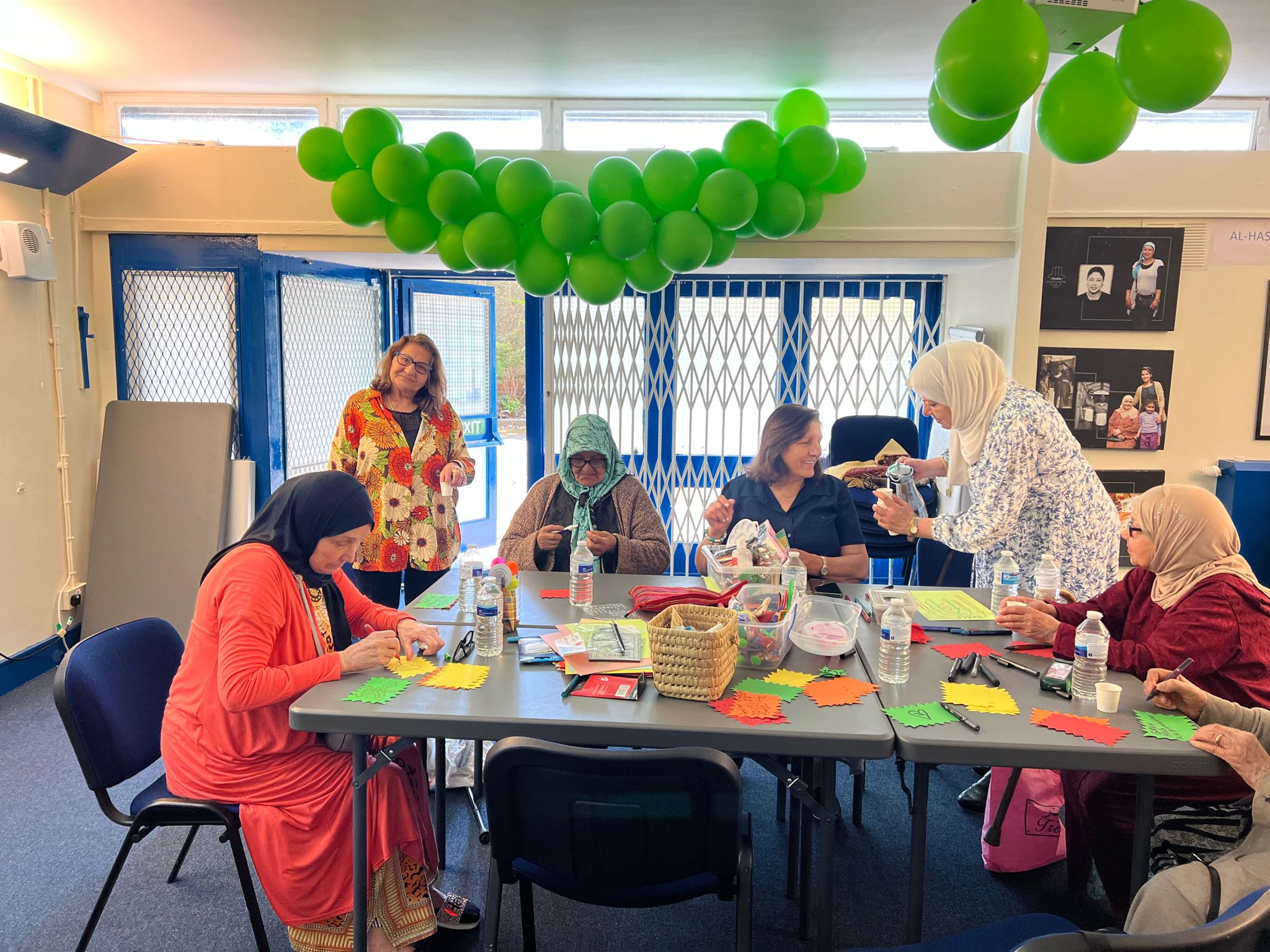
Zohra Davis, the mental health & wellbeing project lead at Al-Hasaniya Moroccan Women’s Centre, details the mental health support and groups the organisation provides to support Arab-speaking women in North Kensington who have experienced trauma, whether that be domestic abuse, the recent earthquake in Morocco, or the Grenfell Tower fire
Back in the 1970s and 1980s, the Grenfell Tower was nicknamed the Moroccan Tower, as a significant number of Moroccan families settled there. It was a happy and close knit community, with the women assimilating into the community well. Many parents took up steady well paid jobs in the hospitality industry so they could provide for their families.
Today it is much harder to settle because of housing and general welfare issues. Indeed, at Al-Hasaniya Moroccan Women’s Centre, where we serve the health, welfare, educational and cultural needs of Moroccan and Arabic-speaking women and their families, we have noticed a direct correlation between the decade in which the women first arrived in the UK in terms of the impact on their emotional wellbeing and resilience. Women who arrived in the 1960s, 1970s and 1980s typically fare better than women who arrived later simply because they were housed and there was a simpler process to get various benefits and other support.
However, it was the Grenfell Tower fire in June 2017 which has changed this community forever: the loss was so huge. At Al-Hasaniya we personally knew whole generations who died in the fire, so it is unsurprising that there is a long waiting list for our post-traumatic stress disorder (PTSD) group sessions held twice weekly by our specialist psychotherapist, who dedicates a day to supporting the survivors and bereaved of this tragic event.
Because the loss was so great we have had to find other ways to support this traumatised community. Our cous cous sessions (where women gather to chat around a bowl of this traditional food) are well attended by the older generations who love to reminisce, but our sewing group and Tuesday group– both set up for Grenfell-affected women – is also popular with women in our community. The beauty of these groups is that it’s brought everyone together from different backgrounds.
Those who attend the once a week sewing sessions and weekly Tuesday group therapy (which is funded by RBKC) have been referred by their GP after experiencing depression, anxiety or other mental health issues. They might have gone to their GP complaining of feeling pain in their arm, but the reality is grief, loss or loneliness. These are very real emotions shared by this group; we have a mother and daughter whose sister died in Grenfell. Another lost her uncle, auntie and three cousins. The sewing sessions (which run from 11am to 3pm) allows a significant amount of time to relax and chat, without it being a ‘formalised’ therapy session. I fundraised and bought the group four sewing machines costing £1,000. I act as their representative for a range of health and social problems they might be experiencing. I’m their voice and know how the system works, so I provide advice on a whole range of issues, liaise with the council and help them fill in forms.
The group has bonded really well to the extent they all bring in food to share and cook at lunchtimes, so they can eat their lunchtime meal together. I have one firm rule that they’re not allowed to bring negative gossip type dialogue into the group – it’s a clear boundary.
We also help them with their medication, and I am proud that we have helped some of them to reduce their anti-depressant medication, or even come off it altogether (under GP supervision).
We know the group has also significantly reduced the number of visits to the GP and trips to A&E, but the savings in human terms are even greater than the fiscal ones. We can see the women leave the sessions feeling brighter and just a little bit more ready to face the world.

